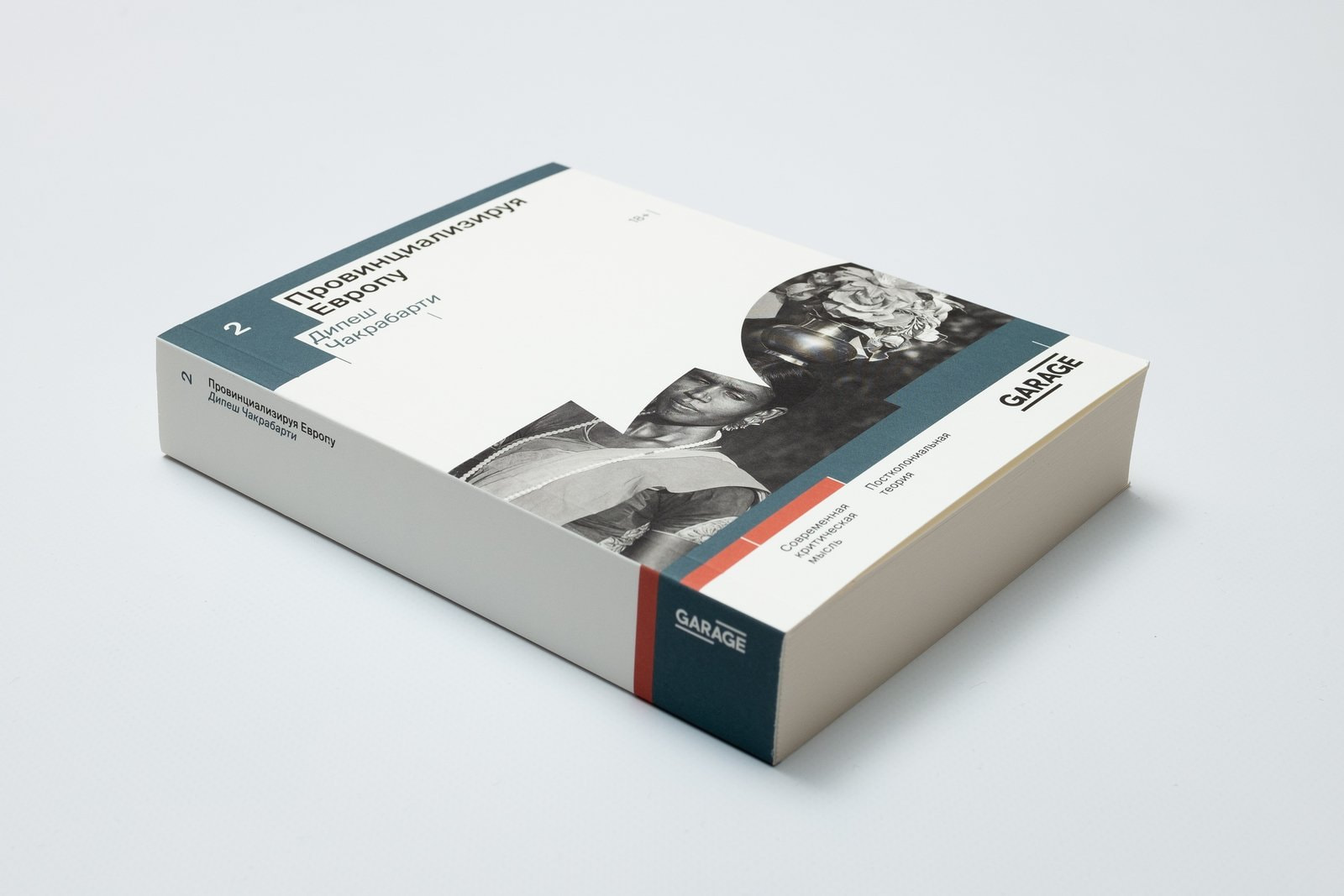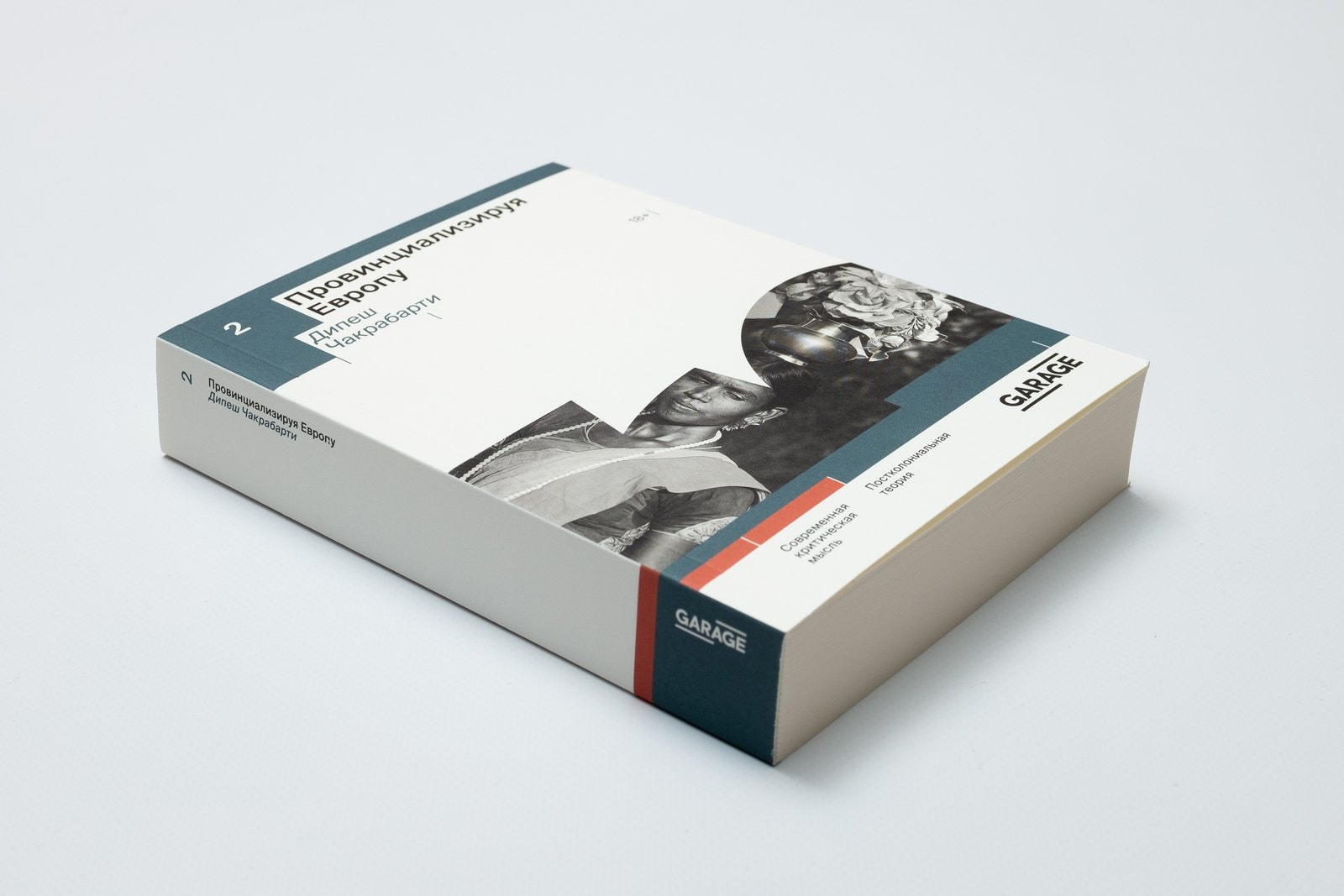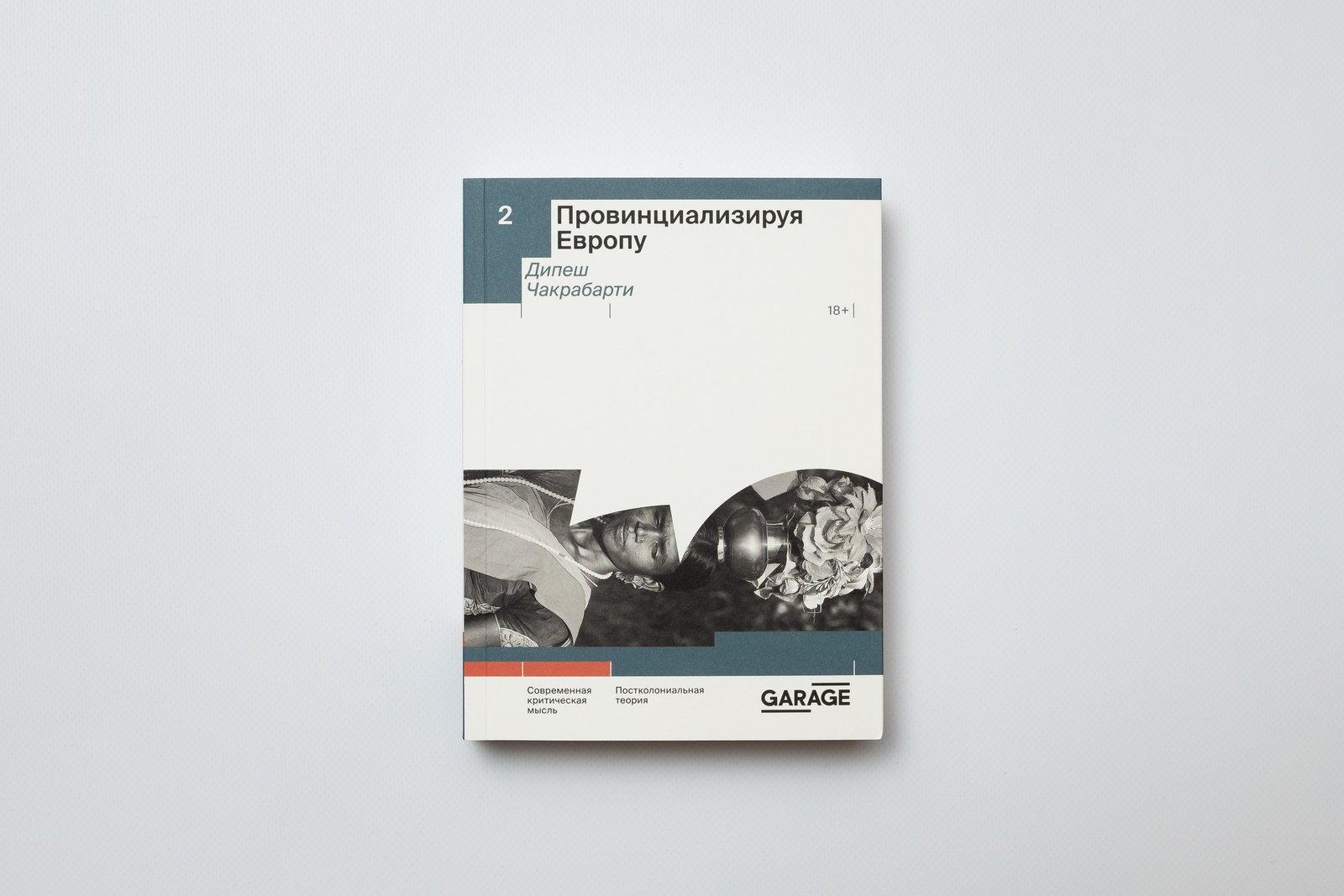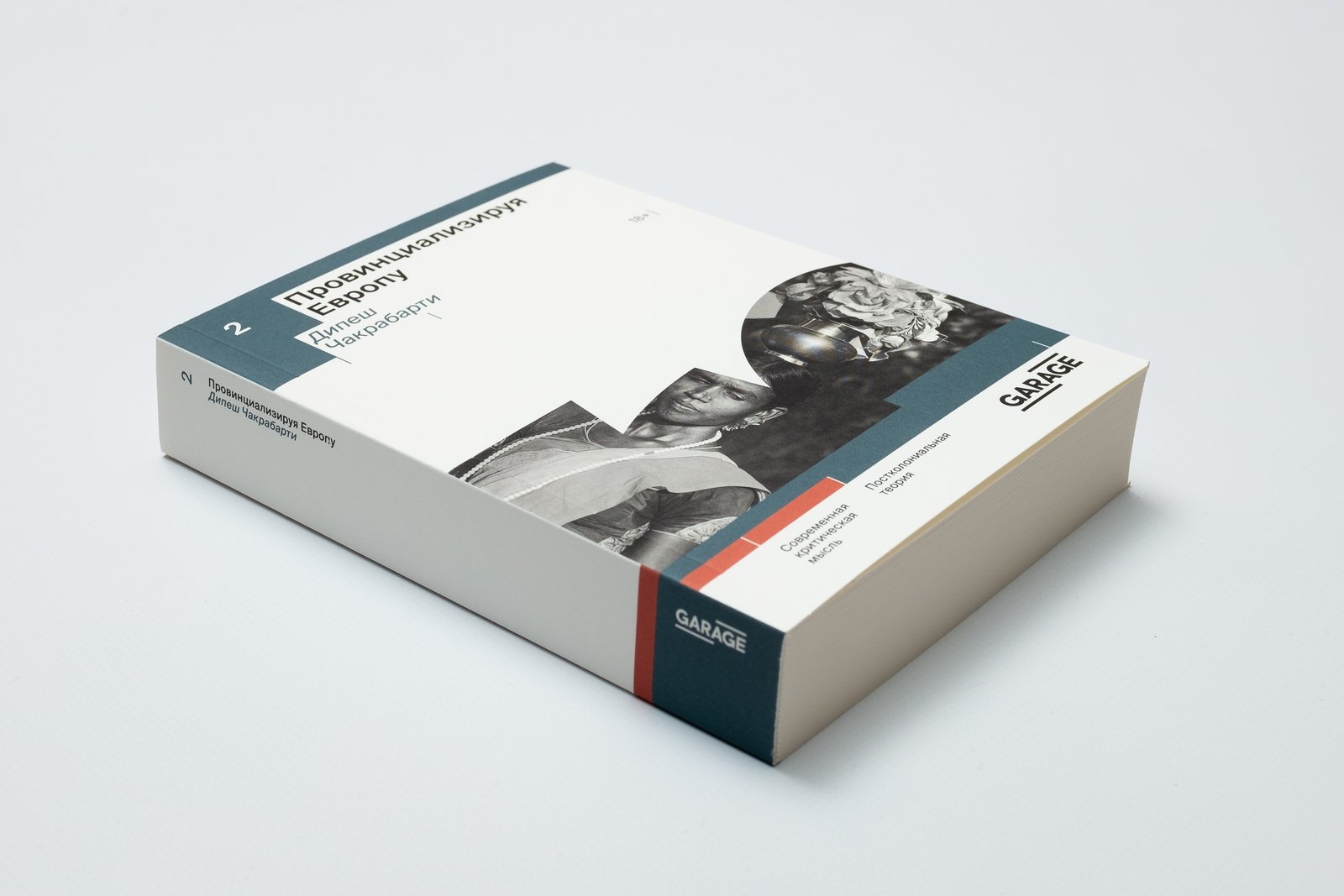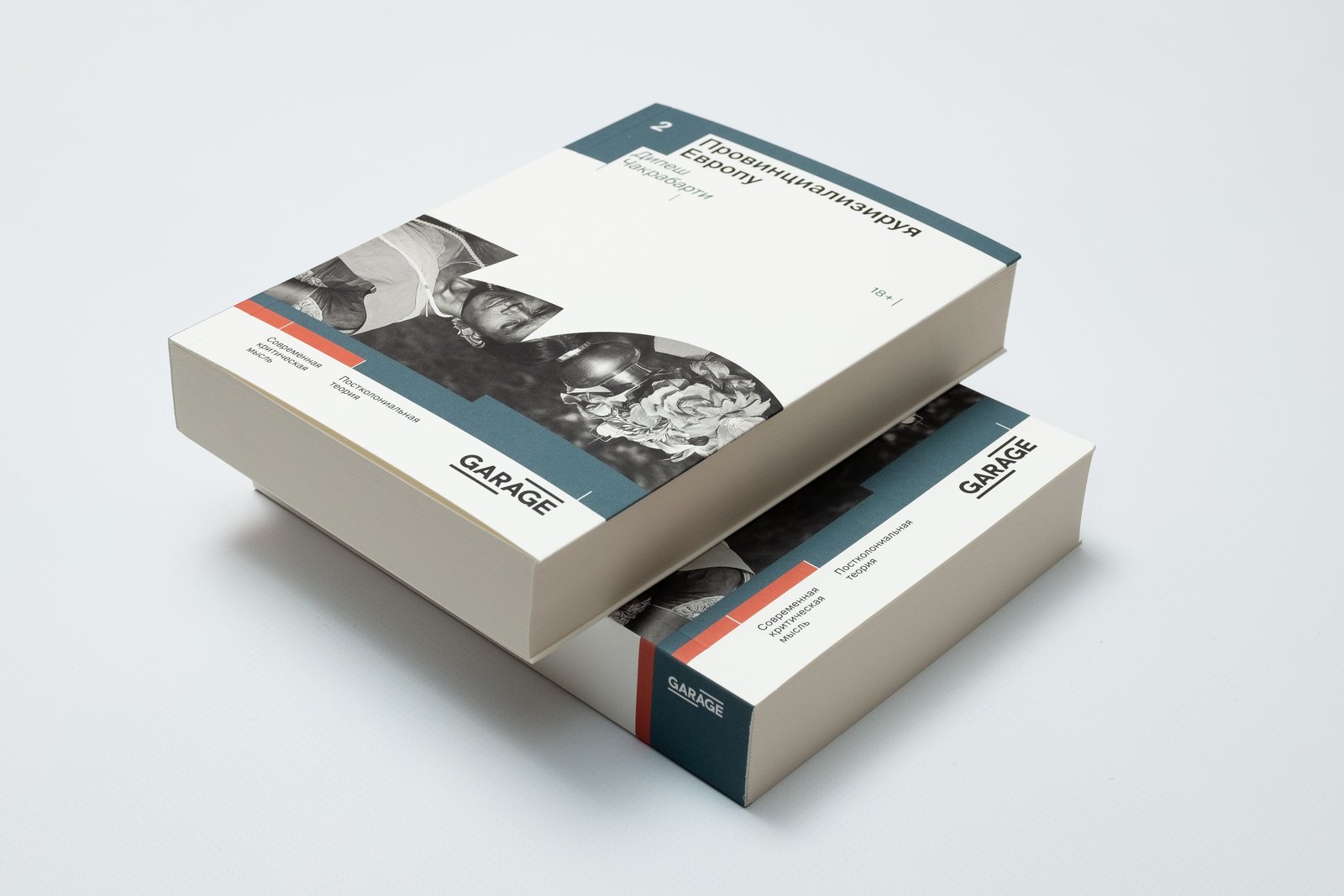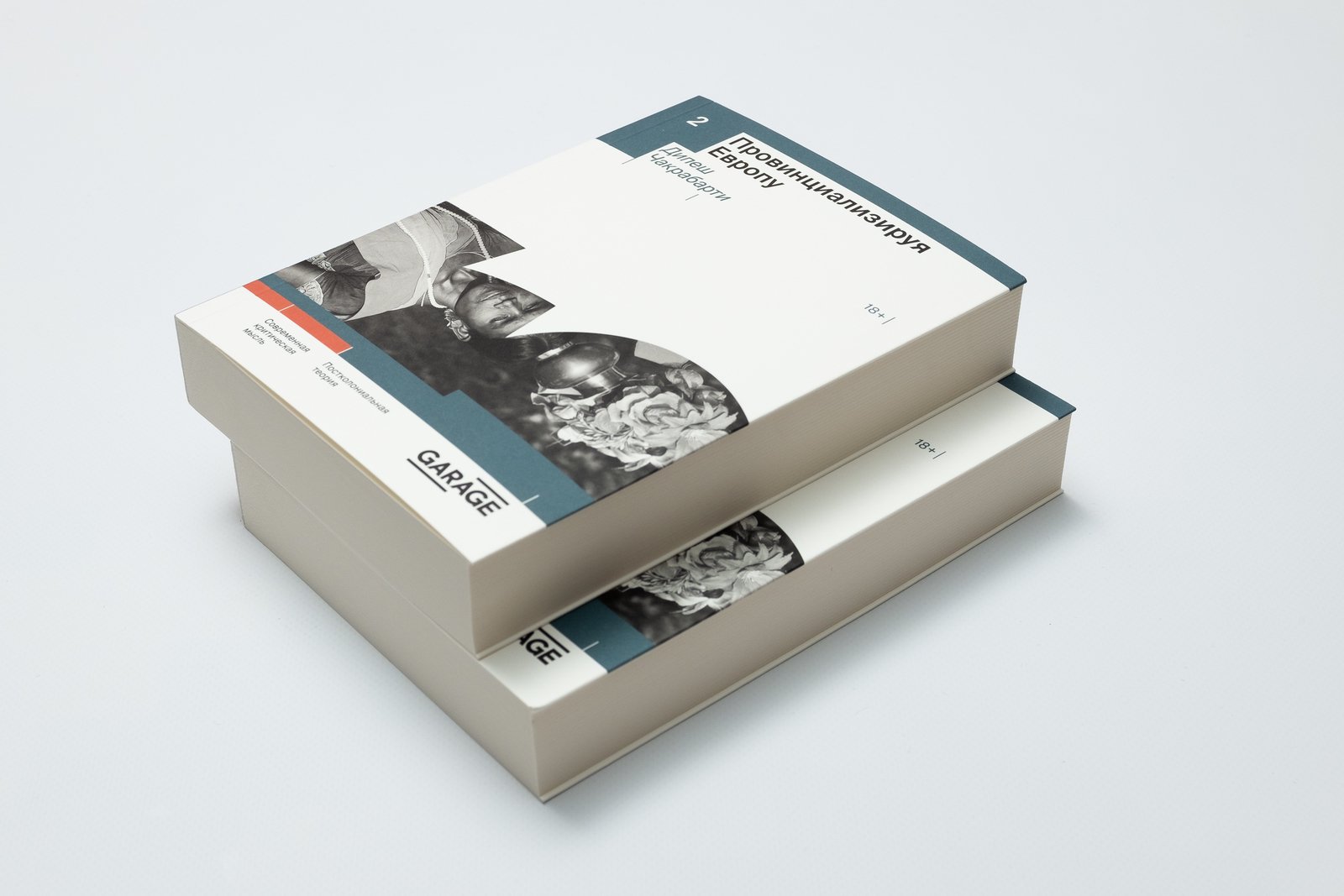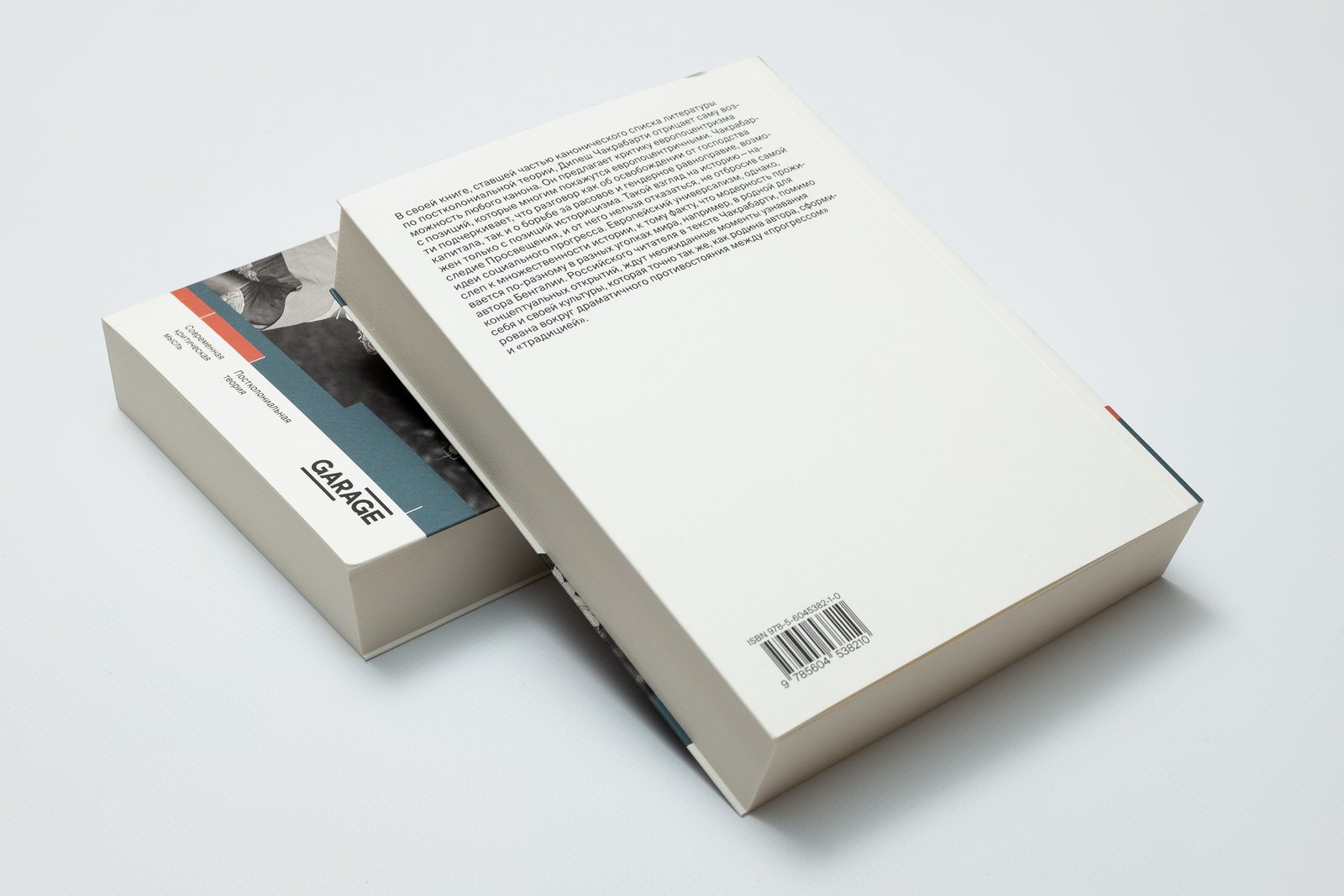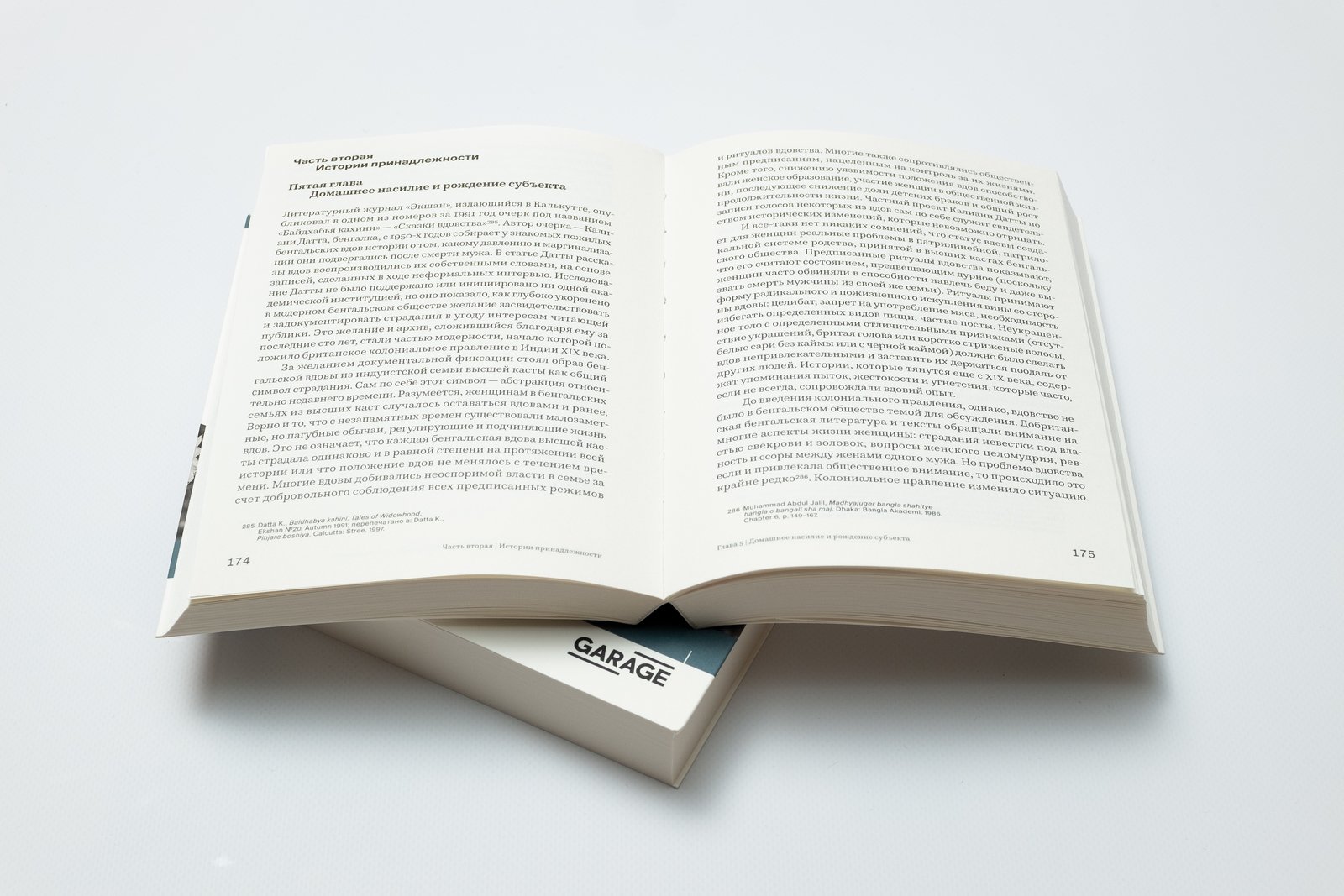In his postcolonial theory classic, Dipesh Chakrabarty rejects the very possibility of any type of canon. Offering a critique of eurocentrism from the perspective that might seem eurocentrist, he insists that we cannot speak of the liberation from the capital, nor of a struggle for racial and gender equality but from a historicist standpoint.
We have inherited this standpoint from the Enlightenment and cannot renounce it without renouncing the very idea of social progress. The European universalism, however, is blind to the multiplicity of histories and to the fact that modernity is experienced differently in different corners of the world, such as Chakrabarty’s native Bengal. Apart from conceptual discoveries, a Russian reader will find in his work a few unexpected parallels with their own life and culture, which, like Chakrabaty’s, has formed around the dynamic opposition between “progress” and “tradition.”
